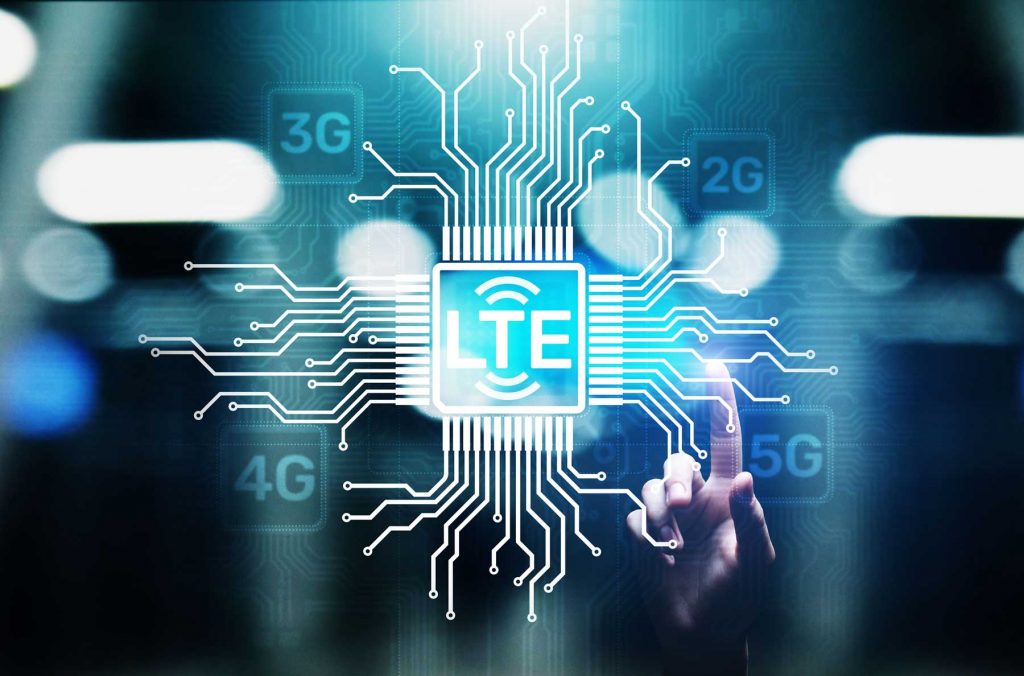A definition of Private LTE
Private LTE is a network set up specifically to serve an organisation, for example a manufacturing facility, warehouse or energy plant, where IoT and automation is central to business operations. This limits network access to only authorised users of that organisation. The organisation has complete control of where in the building(s) will have network coverage, who exactly can access the network, as well as priority users. Private LTE really can transform an organisation’s communications infrastructure, connecting stakeholders, devices and the supply chain with unrivalled speed and security.
Private LTE has quickly become the perfect solution to solve the “wide-area LAN” problem, combining the fixed-costs and complete control of a private network, with the security, flexibility and macro network scale of Long-Term Evolution (LTE). It also has a built-in route for enabling Private 5G.
Continue reading below or watch the video version for further information about Private LTE:
How Private LTE Works
A Private LTE network uses small cells and localised micro towers to provide coverage and device connectivity, much akin to WiFi access points. In terms of functionality, it operates like a public cellular network, only scaled down.
Benefits of Private LTE
Industry 4.0 organisations will benefit most from Private LTE, where high capacity network performance is mission-critical. Private LTE can cover tens of thousands of square feet, offering the data speeds, security, flexibility, resiliency and signal prioritisation required for M2M connectivity and IoT applications.
Advantages of Private LTE include:
Privacy – data never leaves the organisation’s network, which is especially important in regulated industries such as finance or healthcare.
Flexibility – completely tailored to an organisation’s unique application needs.
Quality of service – cellular technology offers improved quality over WiFi, putting the organisation in control of how data traffic is prioritised. This allows mission-critical applications to remain functional, where other networks or functions may be overloaded.
Mobility – unlike WiFi, there is no connection loss between small cells with private LTE
Security – network administrators have complete control over what devices are permitted to use the network.
Capacity – utilising either a dedicated or shared spectrum, the organisation has complete control of the infrastructure density, based on individual needs.
Latency – deterministic latency is critical in manufacturing environments, for example, where devices need to be tightly synchronised.
Resiliency – by deploying additional small cells, organisations can increase network resiliency and uptime. Fallback to public LTE can also be implemented, as a backup solution.
Cost – whilst the initial cost of a small cell will be higher than an enterprise-grade access point, fewer small cells are required to provide the same level of coverage in comparison to WiFi. Additionally, the cost of cabling, power and maintenance is significantly lower.
It is a high-performance mobile solution when compared to WiFi, which is much more likely so suffer from spectrum noise, network interference and congestion.
Use Cases for Private LTE in Enterprise Environments
Some specific examples of private LTE usage include:
Construction – enabling better health and safety through the interconnectivity of devices (such as cameras and sensors) across large, remote sites e.g. wind farms.
Manufacturing – for example implementing robotics to automate operations and keep up with demand 24/7.
Distribution & Logistics – for example implementing CCTV surveillance, which is a crucial tool for health and safety, deterring criminals and monitoring employee productivity in warehouses and distribution centres.
Travel / Transportation – with exceptionally high volumes of passengers, staff, luggage and devices, airports are particularly challenging environments with 24/7 requirements, 365 days a year. For example, attempting to use WiFi for connecting digital signage at the terminals, car parks and terminals would require a hugely complex cabling system. Private LTE is a much more reliable, secure and easy to deploy solution.
Stadiums / Large Capacity Venues – with a very high number of users, all requiring a stable connection for health and safety as well as visitor experience.
Contact Us for Private LTE Solutions
To discuss the best solution for your organisation, get in touch with our team today on 0330 1244 805 or connect@clarus-sitesolutions.com.
Originally published at https://boostprosystems.com on December 15, 2020.


